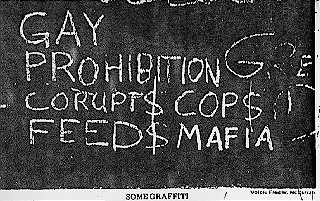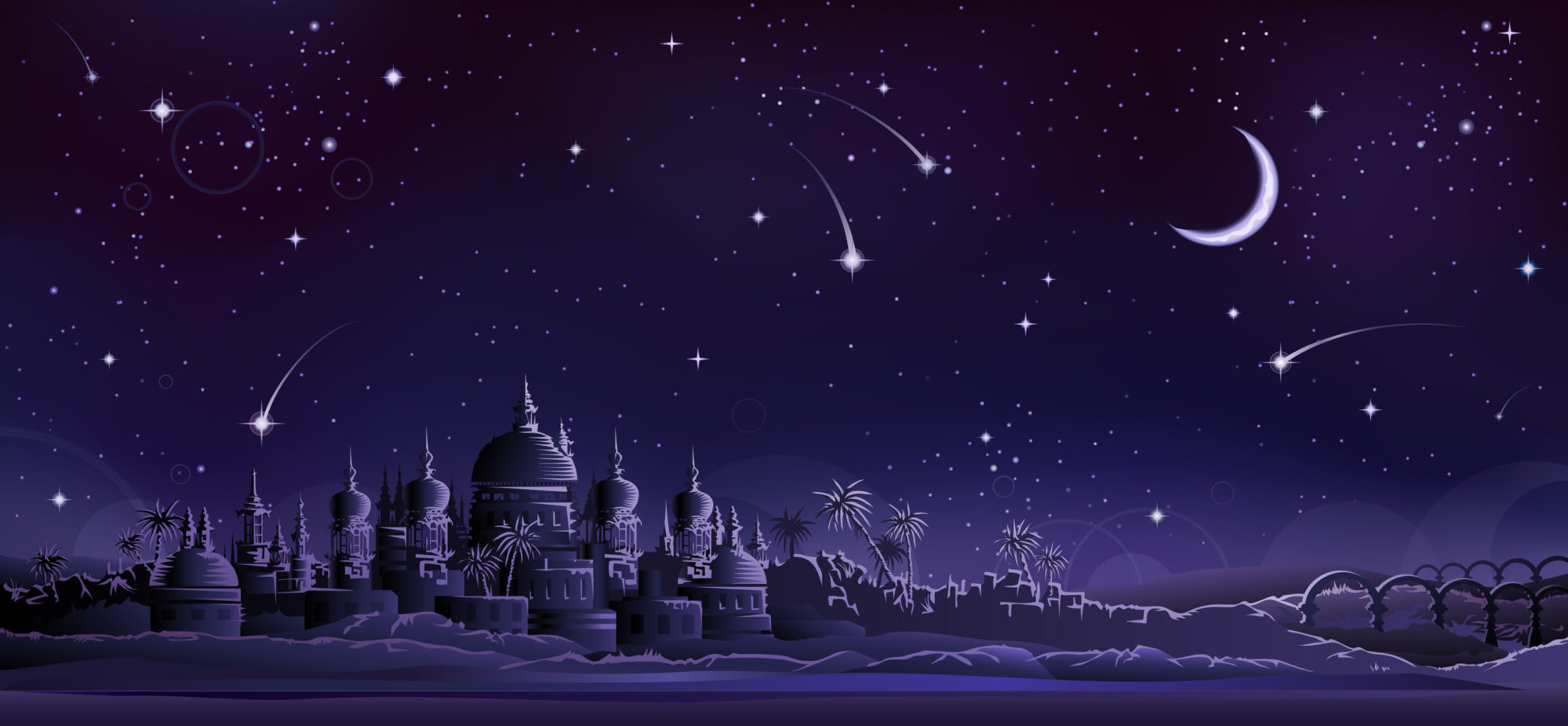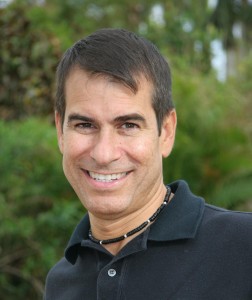
June 2010. LGBT Pride events are happening across the country to commemorate the 1969 Stonewall Riots. Some nifty trivia: in Germany and Switzerland, the Pride celebration is called Christopher Street Day (CSD) because the riots, considered the spark that ignited a Gay rights movement in the US and around the world, happened on Christopher Street in New York City. Another reason why NYC really is the center of the universe.
Gay Pride rankles some people. And not just non-gays but gay folks too. You hear the angry questions: Why do gays need a parade? Why isn’t there a Straight Pride march? Why does Gay Pride have to be so in your face with drag queens, dykes on bikes and leather daddies?
My thoughtful answer is: Gay Pride is about community celebration and empowerment.
My less thoughtful but more gratifying answer is: Sorry but you just don’t get it.
I saw my first Gay Pride parade when I was five years old. My family went to Provincetown every summer for vacation , and it’s a great oddity of my childhood that years before I would come to terms with my sexuality, I was immersed in the gayest community in the Northeast.
I remember the parade seemed to just up and happen all around us—men in wigs and impossibly high heels, shirtless guys holding hands, floats filled with people wearing so much make-up I thought they were clowns. I wasn’t scared, more curious than anything, and I certainly had no idea what it was all about. But my parents quickly ushered me and my brother down a side street and away from the commotion.
We stopped going to P-Town a few years later when my mom heard about a deadly disease infecting gay men and worried that it was contagious. Our family vacation moved to “safer,” more “family friendly” places like Nantucket and Kennebunkport, Maine.
I wouldn’t see another pride parade until I was twenty-two years old.
But my social-political consciousness started growing before that and continues to grow today. The seeds were planted early, and I credit my mom. Notwithstanding her past squeamishness about gay people (she’s become a quiet but adamant supporter of gay rights since then), she instilled in me strong values, wrapped up in something she told me at a young age: “Your only obligation in life is to help make the world a better place.”
I took her words to heart. In grade school, I used part of my allowance to make contributions to the National Wildlife Federation. In junior high, I passionately debated gun control against my NRA-influenced peers. For my high school newspaper, I wrote op-eds against censorship in music and anti-youth discrimination by local merchants. And while lacking the ability to accept myself personally, I always stood up for gay rights.
My first real foray into political activism happened when Operation Rescue, Randall Terry’s pro-life extremist group, came to Buffalo to picket abortion clinics. A bunch of us, all guys, decided to participate in an early morning counter protest. Admittedly, it was an impulsive decision—we’d been up all night drinking beer (we were college students). We held up signs, chanted and stared down the faux-fetus-wielding bible-thumpers.
In the dim light of wintry upstate New York, that was my moment of recognizing political power. It was some parts internal and some parts external. I felt with certainty that what I was doing was important and right. I was surrounded by people who also believed as I did, and they believed, we believed together that we could make a difference. I sought out that experience again and again at college demonstrations for divestment from South Africa, Earth Day rallies, anti-war protests (the first Persian gulf war: NO BLOOD FOR OIL) and many, many gay rights causes. And in recognizing my political power, I began to recognize myself.
Nowadays, I go to Gay Pride events to support the organizations, hold hands proudly with my partner, and feel the rush of thousands of us taking over the streets.
Somewhere at every parade there’s someone, young or old, taking part for the first time. Somewhere, someone is awakening to his or her political power.
Happy Pride!!
 Share on Facebook
Share on Facebook



